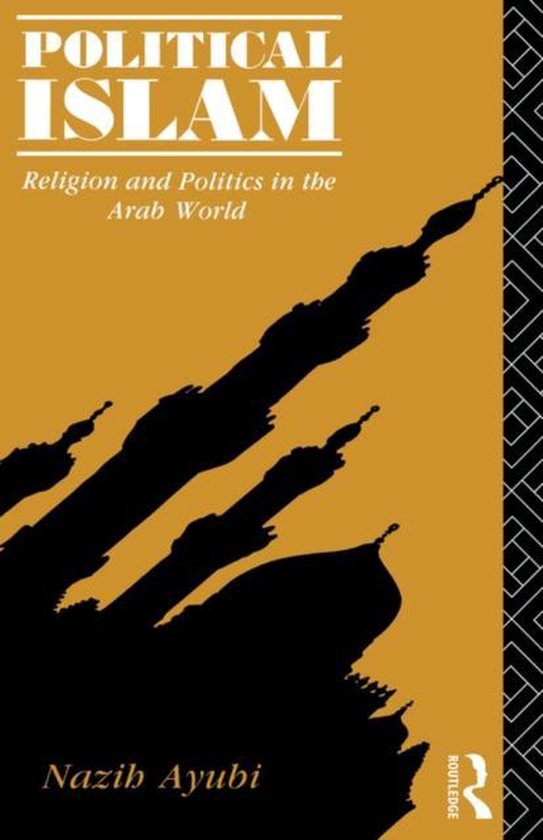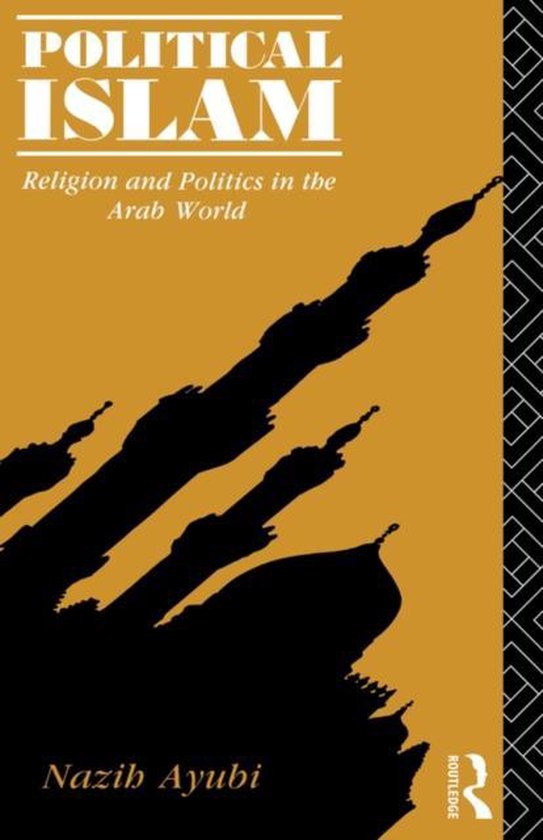De Boeken van Wouter
Political Islam
Political Islam
Kan beschikbaarheid voor afhalen niet laden
Verzending is beschikbaar op maandag en vrijdag
Meestal verzonden binnen 1–4 dagen na bestelling
4 boeken kopen = 3 betalen
Gratis verzending vanaf €25
Titel: Political Islam
Schrijver: Nazih Ayubi
Bindingswijze: Paperback
EAN: 9780415103855
Conditie: Goed
Let op: Hieronder staat een algemene beschrijving van hoe wij onze conditietypes classificeren. Als u een nauwkeuriger beeld wilt of specifieke vragen heeft, stuur ons dan een bericht en we kijken het graag voor u na.
Conditie-omschrijvingen:
- Als Nieuw: Nauwelijks gebruikssporen, bijna als nieuw.
- Goed: Kan lichte gebruikssporen vertonen, zoals wat verkleuring of een naam op de schutbladen, maar doorgaans geen onderstrepingen of aantekeningen in de tekst.
- Redelijk: Boek in redelijke staat. Kan gebruikssporen vertonen, zoals verkleuring, leesvouwen in de rug, onderstrepingen, aantekeningen, lichte vervuiling aan de randen, ezelsoren of een kromme rug.
- Nieuw: Boek is nieuw.
Beschrijving:
Studying six Islamic states in detail, Ayubi encompasses innovative material on sex and the family, and on the emerging alternative economic and social networks of Islamic banks, schools, and hospitals in those states.
Islamic theocracy is now firmly established in fundamentalist Iran, and waves of fundamentalism are sweeping the entire Islamic world, and its diaspora. This book examines the claim of those Islamists who contend that, as a belief system and a way of life, Islam carries with it a theory of politics and the state which should be applied unquestioningly. Ayubi traces both the intellectual sources and the socio-economic bases of Political Islam, arguing that it is a modern phenomenon, dating back only to the inter-war period. He describes its major proponents as urban, educated and relatively young people, whose energies were mobilised, but whose expectations were not fulfilled by the post-independence `populist' regimes in the Arab World. Islamic movements in six countries are studied in detail. Ayubi's distinctively broad definition of politics encompasses innovative material on sex and the family, and on the emerging alternative economic and social networks of Islamic banks, schools, and hospitals in the countries discussed. Ayubi stresses the traditional concern in Islam for the collective enforcement of morals, but argues that there is no case for the commonly held misconception that politics begins from theological principles in the Arab world: the historical connection between Islam and politics can be explained as an attempt by the rulers to legitimise their actions. He suggests that radical Islamists are reversing this position by subjecting politics to their specific religious views, so their movement is in some senses an anti-state one. He concludes by discussing possible intellectual responses to fundamentalism, drawing on the thinking of contemporary Muslim liberals.
Share

